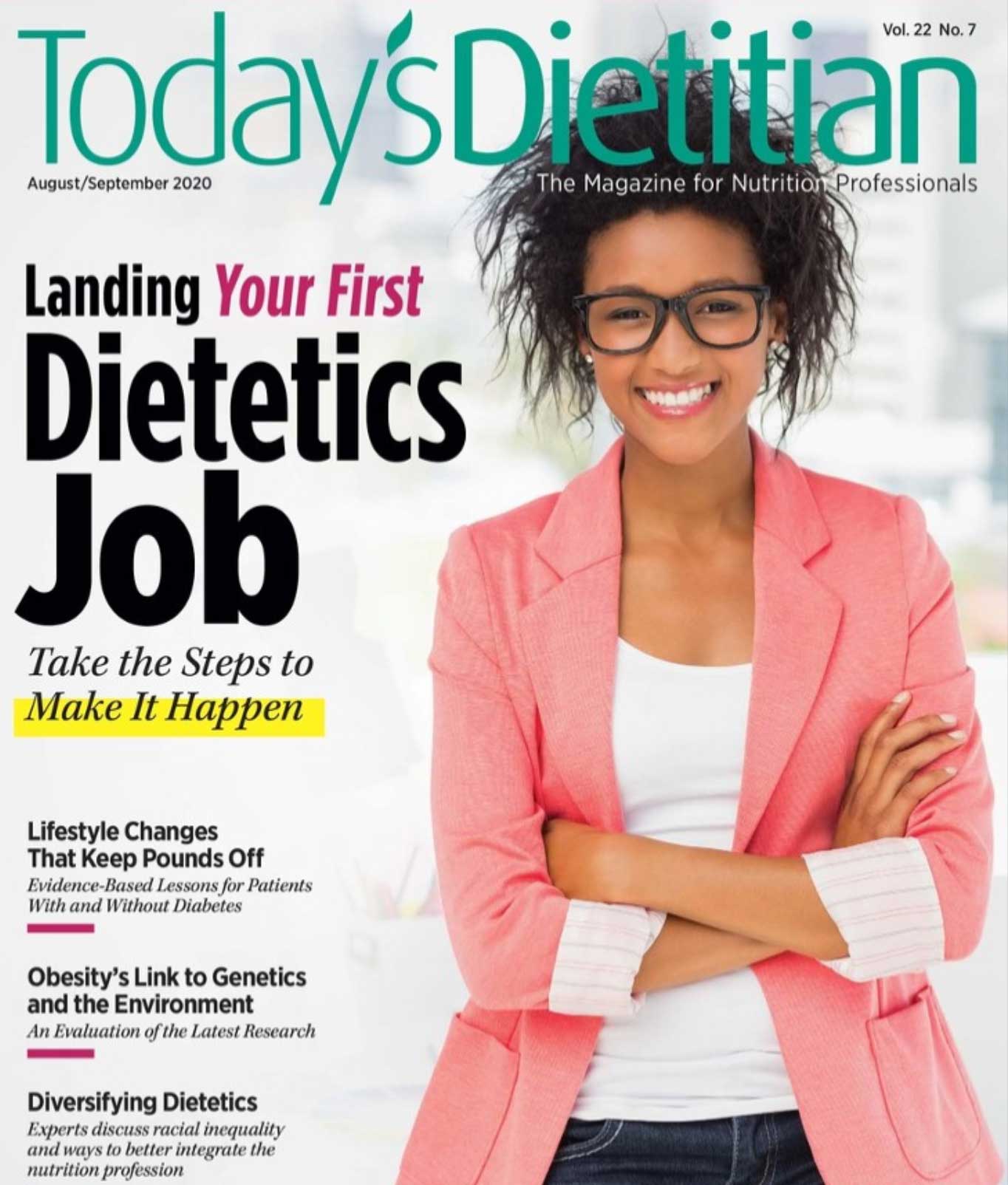Diversifying Dietetics
Whether obvious or subtle, racial inequality and exclusion—and therefore a lack of diversity—always has existed in the dietetics profession. As of June 2020, in the United States, African Americans represent 2.6% and whites account for 81.1% of RDs. I sat down with Today’s Dietician and two other African American RDs to discuss our experience with racial inequality and what dietitians can do to increase diversity, help practice cultural humility and cultural competence, and address biases and practices of inherent racism.
There were many times when I experienced macro- and microaggressions, both from well-meaning non-Black people and intentionally racist non-Black people. The microaggressions I experienced didn’t happen excessively when I was in the dietetics internship or nutrition program. However, the most egregious examples came after I was an RD, ranging from walking into spaces where other RDs would ask, “Are you a dietitian?” even though it was a continuing education event for RDs. I’ve never gotten over the feeling that I always needed to display my knowledge of nutrition science and metabolic pathways even though I was a teacher since 2012. There are times when RDs assume, based on the color of my skin and natural hair, that I don’t know as much as they do. It’s quite something to have built a nutrition program for the Department of Health and Mental Hygiene and still be questioned by colleagues. Black dietitians and RDs of color have to be the best of the best to stand up to the scrutiny. Can you imagine that kind of pressure?


Leave a Reply